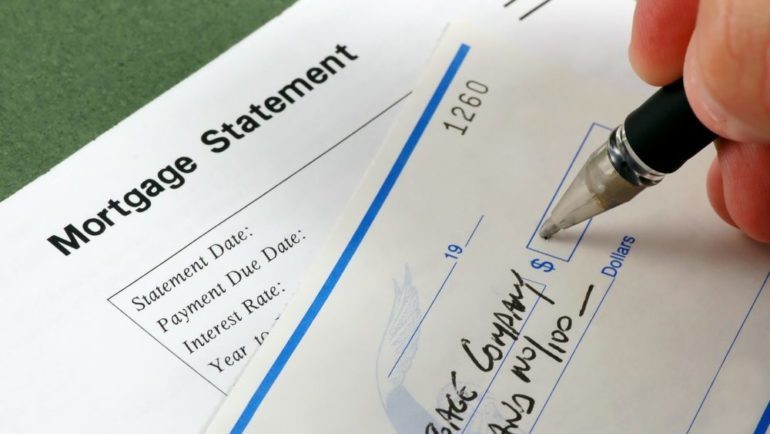Each month you send off a hefty chunk of money to your mortgage company. If you’re like most people, it represents 25 percent to 30 percent of your income. That payment is split into as many as five parts. Take a look.
The payment against the principal amount of the loan. Say you took out a $230,000 mortgage over 30 years at a fixed percentage rate. The mortgage company calculated the rate at which you will pay back the principal and the amount of interest each month on an amortization schedule. Each month a portion of your payment pays back part of the principal amount of the loan. It starts out very small each month while the interest portion is much larger. Gradually, the principal payment grows and the interest portion shrinks, eventually swapping places in terms of amount paid.
The interest on the loan. Along with the portion of your payment dedicated to paying on the principal, you will also pay a portion that is interest. The mortgage company charges far more interest in the early years of the loan, than principal. The mortgage company essentially collects most of the interest on the front end of the loan.
Taxes. The mortgage company provides an escrow service for accumulating money each month from your payment toward paying your local property tax bill. It benefits both you and the mortgage company to do this. It estimates how much your tax bill will be at the end of the year, divides it by twelve and collects it as part of your monthly payment, holding it in escrow. When the bill comes due, it pays the taxing authority. Through these monthly payments, the money is on hand when it is needed to pay. The taxing authority can penalize you and ultimately seize your home for unpaid taxes, so it benefits you and the mortgage company to prevent that. In most states and counties, property taxes are used to pay for local government services such as public schools, hospitals, emergency services and infrastructure.
Homeowners insurance. It also benefits both you and the mortgage company to insure your home against loss by fire, storm and other calamities. Thus, your payment each month also escrows money toward the annual premium for your homeowner insurance policy. When the bill is due, the mortgage company disperses it from escrow to the insurance company.
Combined together, these four basic parts are referred to as principal, interest, taxes and insurance, or PITI for short. There is one other possible cost that might be added into your payment.
Mortgage insurance premium. If you financed more than 80 percent of your home, the mortgage company sees you as having an elevated risk of defaulting. Private Mortgage Insurance (PMI) is a policy that protects the lender from loss in that event. If you default, the mortgage company goes through the legal process of foreclosing and taking the house as collateral. It then sells the home to recover the money loaned to you. If the house sells for less than that amount, the mortgage insurance pays for the deficiency.
PMI can be dropped when you owe no more than 78 percent of the value of your home. Accelerate that process by paying extra toward the principal each month.


